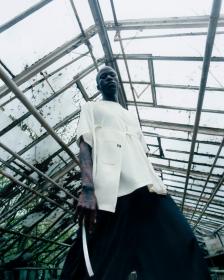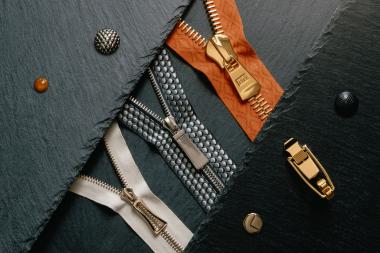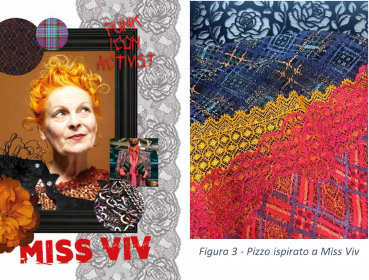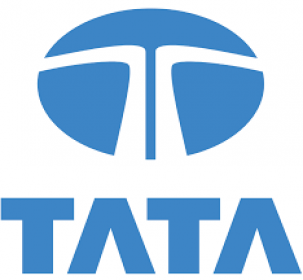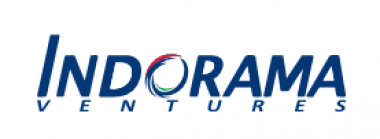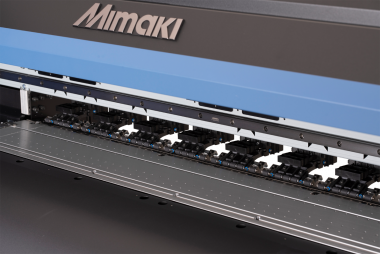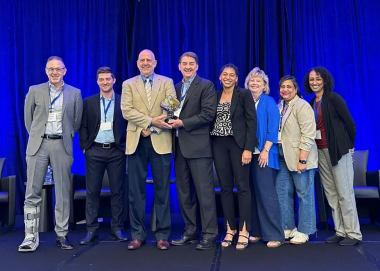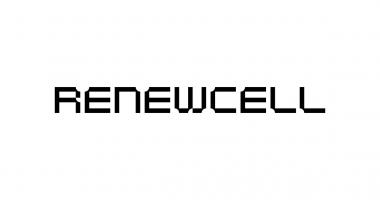Lectra: Financial statements for the first half of 2023
- Revenues: 239.6 million euros (-4%)*
- EBITDA before non-recurring items: 35.3 million euros (-21%)*
- Net income: 13.9 million euros (-31%)
- Free cash flow before non-recurring items: 16.6 million euros (+13%)
Lectra’s Board of Directors, chaired by Daniel Harari, reviewed the consolidated financial statements for the first half of 2023, which have been subject to a limited review by the Statutory Auditors.
Comparisons between 2023 and 2022 are based on 2022 exchange rates unless otherwise stated (“like-for-like”). As the impact of the acquisition of TextileGenesis (see press release dated December 8, 2022) on the financial statements for 2023 is not material, like-for-like changes exclude only the variations in exchange rates.
Business Trends and Outlook
In its 2022 Annual Financial Report, published February 8, 2023, Lectra presented its new roadmap for 2023-2025. The Group also specified that 2023 remained unpredictable given the degraded macroeconomic and geopolitical environment, which lead to numerous uncertainties that could continue to weigh upon the investment decisions of its customers.
At the beginning of the year, the Group had set itself objectives of achieving, in 2023, revenues in the range of 522 to 576 million euros and EBITDA before non-recurring items in the range of 90 to 113 million euros.
Given the delay in orders for new systems in the first quarter, and poor visibility on new systems orders for subsequent quarters, the Group reported on April 27 that it now anticipated revenues in the range of 485 to 525 million euros (-5% to +3% at constant exchange rates relative to 2022) and EBITDA before non-recurring items in the range of 78 to 95 million euros (-15% to +3% at constant exchange rates relative to 2022). The Group also noted that despite limited visibility regarding new systems orders over the next few quarters, there is strong visibility regarding recurring revenues, which should enjoy substantial growth and account for 65% of total revenues in 2023. These revised scenarios had been prepared on the basis of the closing exchange rates on April 27, 2023, for the remaining nine months of the year, and particularly $1.10/€1.
The results of the second quarter support these revised objectives.
A 1-cent appreciation of the euro against the U.S. dollar in the second half of the year (at an exchange rate of $1.10/€1) would mechanically decrease revenues by approximately 1.0 million euros and EBITDA before non-recurring items by 0.45 million euros. On the contrary, a 1-cent fall in the euro against the dollar would mechanically raise revenues and EBITDA before non-recurring items by the same amounts.
Because the Group's customers operate in a highly competitive environment that demands they continue to improve performance, their investments will pick up as soon as the macroeconomic situation improves. Lectra's roadmap for 2023-2025, which was launched on January 1, 2023, will enable the Group to take full advantage of the upturn and accelerate its growth.
Lectra





